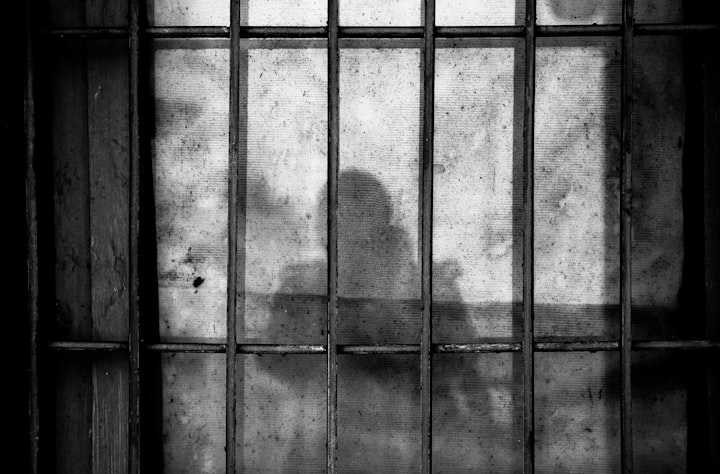Echoes of Betrayal Explored
Betrayal, a haunting experience that echoes through our lives, has captivated human consciousness for centuries.

Betrayal, a haunting experience that echoes through our lives, has captivated human consciousness for centuries. From personal relationships to political realms, betrayals leave deep scars and shape our perceptions of trust and loyalty. This article delves into the multifaceted nature of betrayal, exploring its emotional repercussions, the dynamics that underpin betrayal, and its lasting impact on individuals and society as a whole.
Understanding the Complexity of Betrayal
Betrayal is not merely a singular event but a complex web of interconnected emotions, actions, and consequences. It involves the breaking of trust, whether in personal relationships or on a larger scale. Betrayal often encompasses feelings of anger, grief, and confusion, creating a unique blend of emotional turmoil. The complexity lies in the fact that betrayal can take various forms, ranging from infidelity and deceit to disloyalty and treason.
In personal relationships, betrayal strikes at the core of trust, often causing a profound sense of loss and shattered beliefs. The pain experienced in these situations can have long-lasting effects on an individual's ability to trust others in the future. Similarly, political betrayals and acts of treachery within organizations can lead to a loss of faith in institutions, leaving a lasting impact on collective trust and social cohesion.
Factors Influencing Betrayal
Understanding the factors that contribute to betrayal helps illuminate its intricacies. Human nature, with its inherent flaws and vulnerabilities, plays a significant role. Personal desires, self-interest, and conflicting values can drive individuals to betray others. Additionally, external circumstances such as power dynamics, societal pressures, and personal insecurities can create fertile ground for betrayal to occur.
Communication breakdowns and unresolved conflicts also contribute to the likelihood of betrayal. When individuals feel unheard or marginalized within a relationship or group, resentment can fester, ultimately leading to actions that undermine trust. Lack of transparency and an absence of accountability further erode the foundation of trust, paving the way for betrayal to take root.
The Lasting Impact and Healing Process
The repercussions of betrayal extend beyond the initial act, leaving lasting scars that can shape individuals' behavior and worldview. Trust becomes a fragile commodity, and the fear of vulnerability can hinder future relationships. Lingering emotions, such as anger, hurt, and bitterness, may persist long after the betrayal has occurred, hindering the healing process.
However, healing is possible. It involves acknowledging and processing the emotions associated with betrayal, seeking support from loved ones or professionals, and engaging in self-reflection and forgiveness. Rebuilding trust requires open and honest communication, setting boundaries, and nurturing a sense of security within relationships.
Society, too, must grapple with the consequences of betrayal. Public betrayals can erode confidence in institutions, leading to a decline in social trust and cooperation. Restoring faith in systems and organizations requires transparency, accountability, and an emphasis on ethical behavior.
Conclusion
Betrayal, with its complex nature and lasting impact, reverberates through our lives, leaving indelible marks on our relationships and societies. The exploration of betrayal reveals its multifaceted dimensions, from the emotional turmoil it inflicts to the factors that contribute to its occurrence.
Understanding the complexity of betrayal is essential for healing and rebuilding trust. It requires acknowledging and processing the profound emotions associated with betrayal, both individually and collectively. By fostering open communication, empathy, and forgiveness, we can begin to mend the fractures caused by betrayal and foster healthier relationships.
Moreover, society must confront the consequences of betrayal to restore faith in institutions. Transparency, accountability, and ethical behavior are vital in rebuilding trust and confidence.
Echoes of betrayal can be transformed into catalysts for growth and resilience. By learning from our experiences and actively working to nurture trust, we can rise above the echoes of betrayal and forge stronger connections in our personal lives and within society.
About the Creator
Thiriller Stories
Most Interesting Thriller Stories






Comments
There are no comments for this story
Be the first to respond and start the conversation.